Dear SoThinkers,
Now that the end of the year nears, our first semester of the School of Thinking draws to a close, and the darkest days of Yule/Christmas lie before us, it is a good moment to revisit our wonderfully vivid and mutually inspiring seminar on Critical Thinking of last Autumn. I had wished to do this before, but an illness interrupted our ongoing post-seminar interaction; and I had to withdraw for a while from public efforts or appearances. This on the other had gave me plenty of time to probe in-depth our valuable exchanges, the richness of which still to-day continues to be also for me a source of inspiration. The core of my approach to Critical Thinking, the crucial rôle of perspective and therefore of human judgment, was demonstrated just naturally during our sometimes heated, but always relevant debates, and I am grateful for it.
What have we learned? Basically, to experience and understand that we always and everywhere inevitably take a stand-point (in the most literal sense) in the world to which we belong, which shapes our way of looking at whatever aspect of reality. This state of affairs is a crucial feature of our relation to the world, to each other, and even to ourselves, when we speak and point at in order to point out, Benveniste-wise, from which follows the existence and necessity of different (serious) perspectives on whatever subject-matter under scrutiny. Exercising our judgement capacities means precisely to be able to distinguish between those different perspectives and value their strengths and weaknesses. There never is one point of view that can command the status of unique, absolute truth. This presence of different perspectives does however not imply that “anything goes”; exercising the fundamental human capacity of judgment does not just mean throwing an opinion at someone on something. We still can compare and evaluate:
Le pluralisme n’est pas un relativisme à roue libre. Le pluralisme repose sur des procédures éprouvées d’observation et d’interprétation des “données” quantitatives (statistiques, économétrie, simulation, etc.) Ces procédures plurielles sont soumises à l’évaluation équitable, non biaisée en faveur de telle ou telle approche (epistemic fairness). (…) S’il existe un ensemble de critères que l’on peut considérer comme relativement transversaux (…) il existe de multiples manières de les décliner en pratique et de les interpreter. Car toute méthode est incomplète et n’éclaire que partiellement le réel.
(Benjamin Coriat et al., Misère du scientisme en économie, Editions du Croquant, 2015, pp. 44-45.)
These authors (who use the unlucky “pluralism” for what I prefer to call ‘perspectivism’) discuss the fact that different perspectives with respect to the economy can be compared and evaluated on their own merits by valid epistemological means, even when not mutually reducible, let alone reconcilable. On this basis they criticise the present almost absolutist predominance of neoclassical economic models in the development of economical policies.
Perspectives can change, evolve. We learn, hopefully, from others by occupying their perspectives, if only for the sake of understanding someone else’s argument. We can ourselves entertain mutually conflicting perspectives, or enter into debate or conflict with the different perspectives of others.
We are doomed to think perspectively, because we are part of the world we are theorising about. The point of view “from outside” is always an unattainable, almost theological idealisation. Even in the exact sciences this remains true to some extend. One has to check his or her theories against the available experimental data, but the fact that one has to construct an ‘observation machine’ (a scientific experiment) that grants that observations are standardised and repeatable, implies a perspective on the as yet unprobed) aspect of the world under study — otherwise one would not even be capable of building the experiment. This is a variant of the old trope of the “theory-loadenness” of scientific experimentation. This is again exactly what Poincaré is hinting at in his celebrated adagium with the only at the surface paradoxical statement that “free thinking” can only submit to “the facts” and to nothing else: since the real of which we are irreducible part can never be exhausted completely by just brute facts, observation always requires a theoretical intervention. This is at the basis of his so-called “conventionalism”, as we discussed at some length during our seminar.
This state of affairs should not frighten us, it should make us happy. It obliges us to be even more serious and thorough in the justification of our most basic assumptions, while inviting us to take into considerations those which are different form our own. This has consequences with respect to the present public debates on inequality, feminism, the climate, immigration etc. Perspectivism allows for scientific rigour while at the same time inviting us to call our most cherished convictions into question, hence opening a formidable opportunity for informed democratic debate, informed, but not dominated by experts, who also have to justify their stand-point in the current debate:
Pluralism in economics is entirely achievable: politics, philosophy, sociology and even some economics courses manage to teach students a range of different approaches to analysing their subject matter. Students are examined on their ability to argue a particular position, drawing on the appropriate empirical evidence and demonstrating a critical understanding of the issue from more than one relevant perspective. Thus, pluralism should not be confused with relativism, where “anything goes”; critical students will not accept ideas that do not withstand logical and empirical scrutiny. Pluralism in economics would create a generation of critical thinkers who can produce innovative answers to society’s most pressing problems.
(Joe Earle, Cahal Moran, Zach Ward-Perkins, The Econocracy. On the Perils of leaving economics to the experts, Penguin, 2017, p. 64.)
In the hope that this critical perspective on the status and value of true knowledge will help you somehow to deepen and critically scrutinise your own most dearly held convictions, and contribute to a better understanding to those of others, I salute you all, and wish you a wonderful 2020!
Karin Verelst


